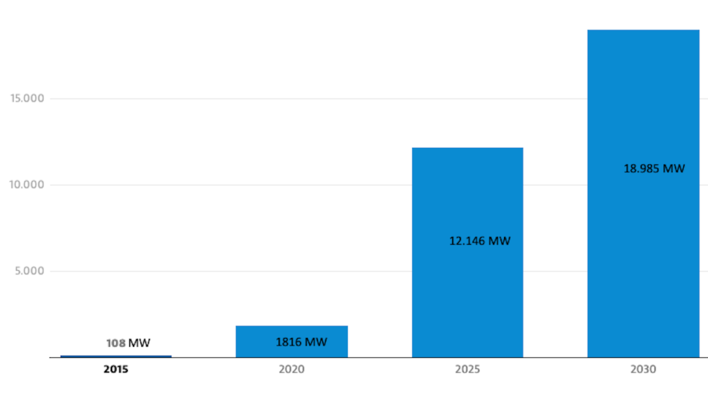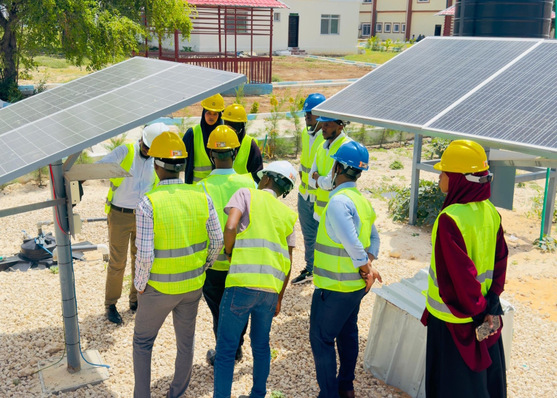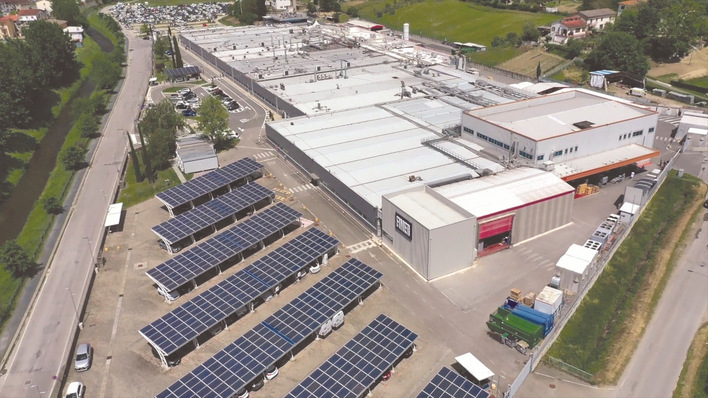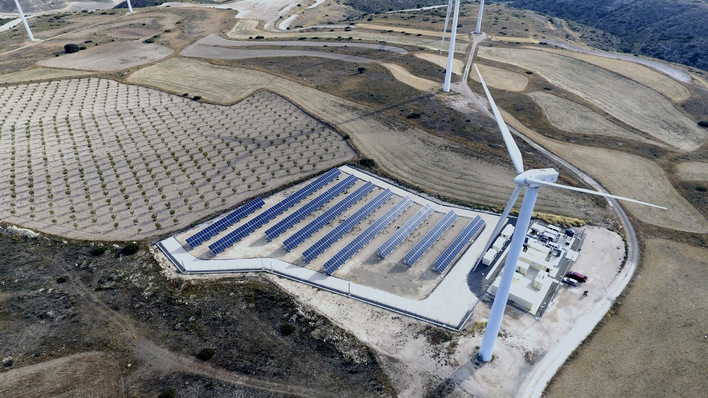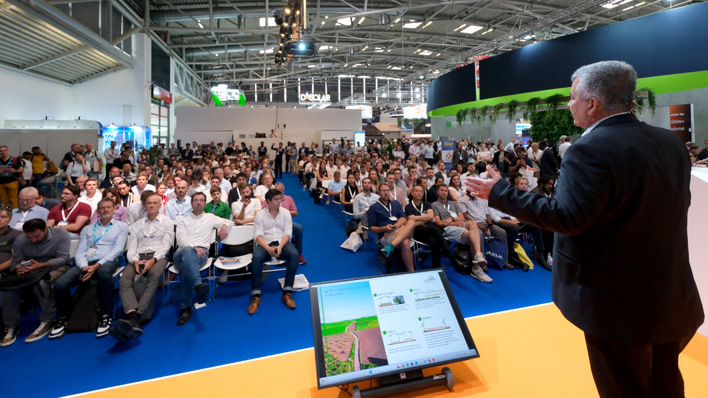Which importance has the European energy storage market for you?
The European energy storage market is very important to BYD. In Europe, the increasing volume of solar energy poses a great impact and shock on the power grid. Thus solar energy requires current and frequency stabilization before it is supplied to the power grid. Though solar subsidies are stepping down in several European countries, BYD still sees a growing potential for solar projects in Europe. Profit margins are still there. BYD’s “Fully Sustainable Power Solutions” proposition can meet such market and investors’ demands, and help the investor achieve new profit margin growth.
How much did you sell last year? What is your sales share compared to other world regions?
In 2015, BYD shipped 850 MW in solar modules and 140 MWh in energy storage to the European region. This counts for ten percent respectively for five percent of our global shipment volume.
What are the most important European energy storage markets for your products and services?
Germany, France, Italy and the UK are important European markets for BYD.
What are the most relevant applications?
In Europe, BYD’s major storage applications focus on home energy storage systems, but BYD also has projects of commercial grade multi-functional storage applications for peak shaving, frequency regulation and other purposes.
We have heard that you are implementing a new multi-megawatt energy storage project in UK? Where is it? With whom are you collaborating?
Recently BYD signed a strategic cooperation memorandum of understanding to the world's first application of BYD’s Fully Sustainable Power Solutions with New Balance Energy Technology Co. Ltd. (Shanghai), and UK’s clean energy project developer Green Hedge. The project scale is 150 MW. All three parties announced that they will jointly conduct a global promotion of the Fully Sustainable Power Solutions proposition, and create the first demonstration projects in the UK.
What technology will you use?
This project will use BYD’s energy storage systems which are built on the company’s proprietary Iron-Phosphate battery. As for solar generation, it will deploy BYD’s dual-glass modules that are EVA-Free and have a 50-year lifespan.
Do you have an own subsidiary in UK?
Currently BYD does not have a subsidiary in the UK, however, the company has a subsidiary in the Netherlands – BYD Europe B.V. – to oversee all of BYD operations in the European region. In Germany we collaborate with our general distribution partner Fenecon.
Who is installing the energy storage systems? Do you have a network of local certified installers?
BYD’s EPC partner is in charge of installing the system, but BYD has a list of preferred service providers to recommend.
What are your requirements for your partnering installers?
BYD has a comprehensive qualification system for installers to guarantee the installations meet BYD’s engineering standards. For example, BYD’s latest dual-glass panels can be installed on solid ground or on a solar tracking system, both requiring special installation techniques. BYD can customize the installation of the modules for our clients according to the project specifications. Moreover, by applying optimized installation methods provided by BYD, labor can be reduced by 30%, and installation steps can be reduced as well. Overall, BYD’s engineering solutions can cut installation costs.
Do you provide training for your installing partners?
Yes, BYD provides comprehensive training to installing partners. The company invites representatives from our partners to come to our headquarters for one to two weeks’ free training on the content of product specs, installation engineering, warranty, emergency handling etc. BYD also offers on-site support for any technical problem.
Are you still looking for installers or installing partners?
Generally, BYD focuses on product supply and lets the EPCs to source their own installers. But we can also offer a preferred list of installers for EPCs.
Do you see energy storage combined with photovoltaics already as a business case?
Yes, BYD sees the model of energy storage combined with photovoltaics – our “Fully Sustainable Power Solution” – already as a business case. The “Fully Sustainable Power Solution” proposition allows solar plant owners and investors to enter more markets of power trading, which provides investors with more profit growth points and profit maintenance even upon decreasing subsidization.
Can you say anything about the costs of your energy storage systems?
BYD has an edge on the cost of its energy storage systems because the company is the largest Iron-Phosphate battery manufacturer in the world. Additionally, BYD is planning to expand its production capability to further reduce battery costs. The BYD Iron-Phosphate battery also features lengthened lifespan. After 10,000 charging cycles, the battery cell still retains 70% of its original capacity, so the investor can save the cost on storage system replacement.
Which costs per kWh do you calculate for your new mega energy storage project in UK?
BYD’s Fully Sustainable Power Solutions platform is able to perform multiple functions in different markets of power trading, thus the cost per kWh varies according to the market. The cost per kWh of the 150 MW project in the UK is not available at the moment.
Where do you see technical challenges, for example standardization or fire safety?
Our technical challenge in the 150 MW project in the UK lies on fully understanding the demands of the project investors. The timing of the system response needs match the demand exactly, which requires in-depth cooperation with our client and partners for precise setting and tuning of the system.
Interviewed by Hans-Christoph Neidlein
Related news:
http://www.pveurope.eu/News/E-Mobility/Let-us-make-a-quiet-drive-with-the-new-E6-crossover-by-BYD
https://www.pveurope.eu/e-mobility/chinese-electric-car-now-available-europe



